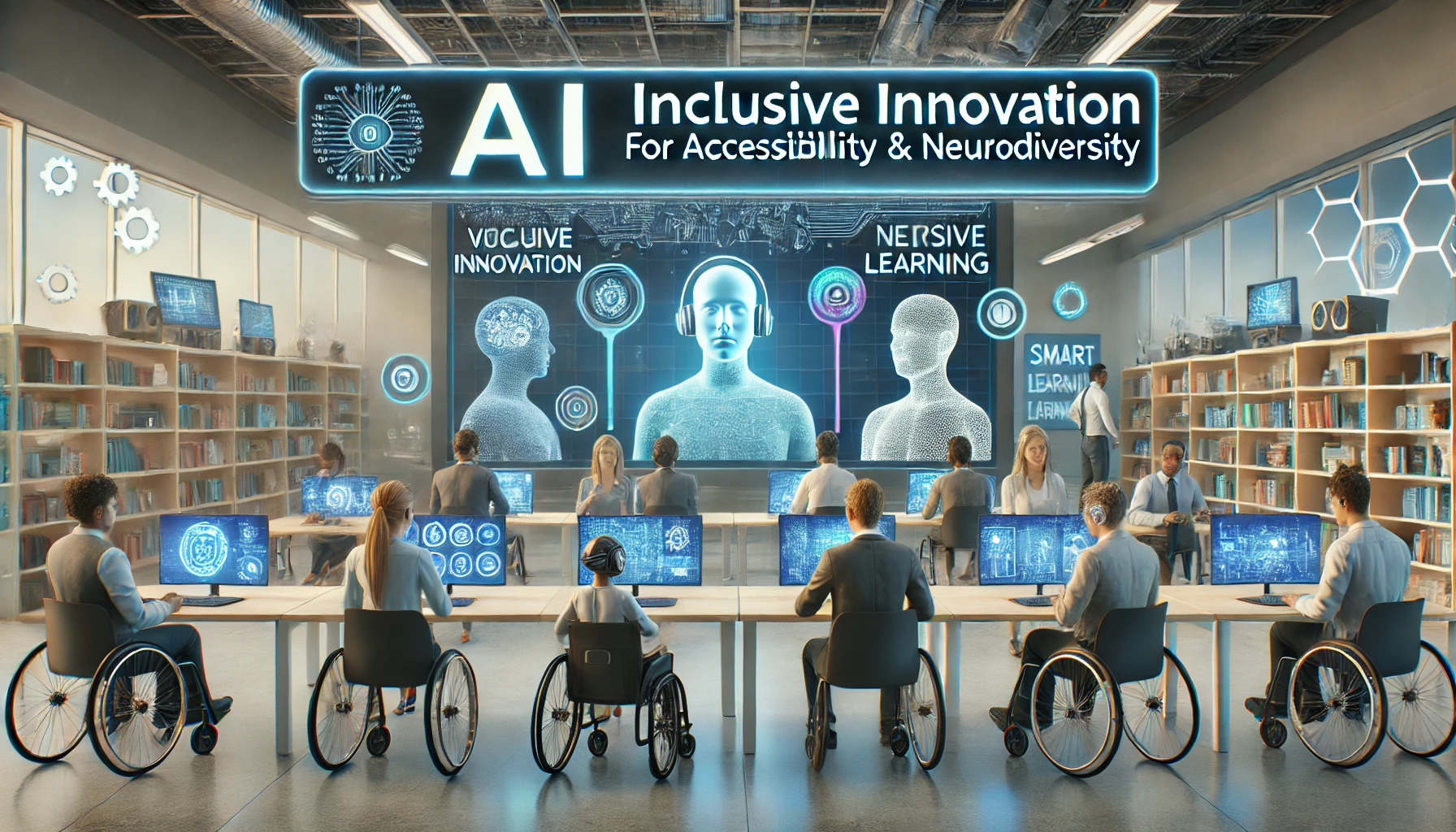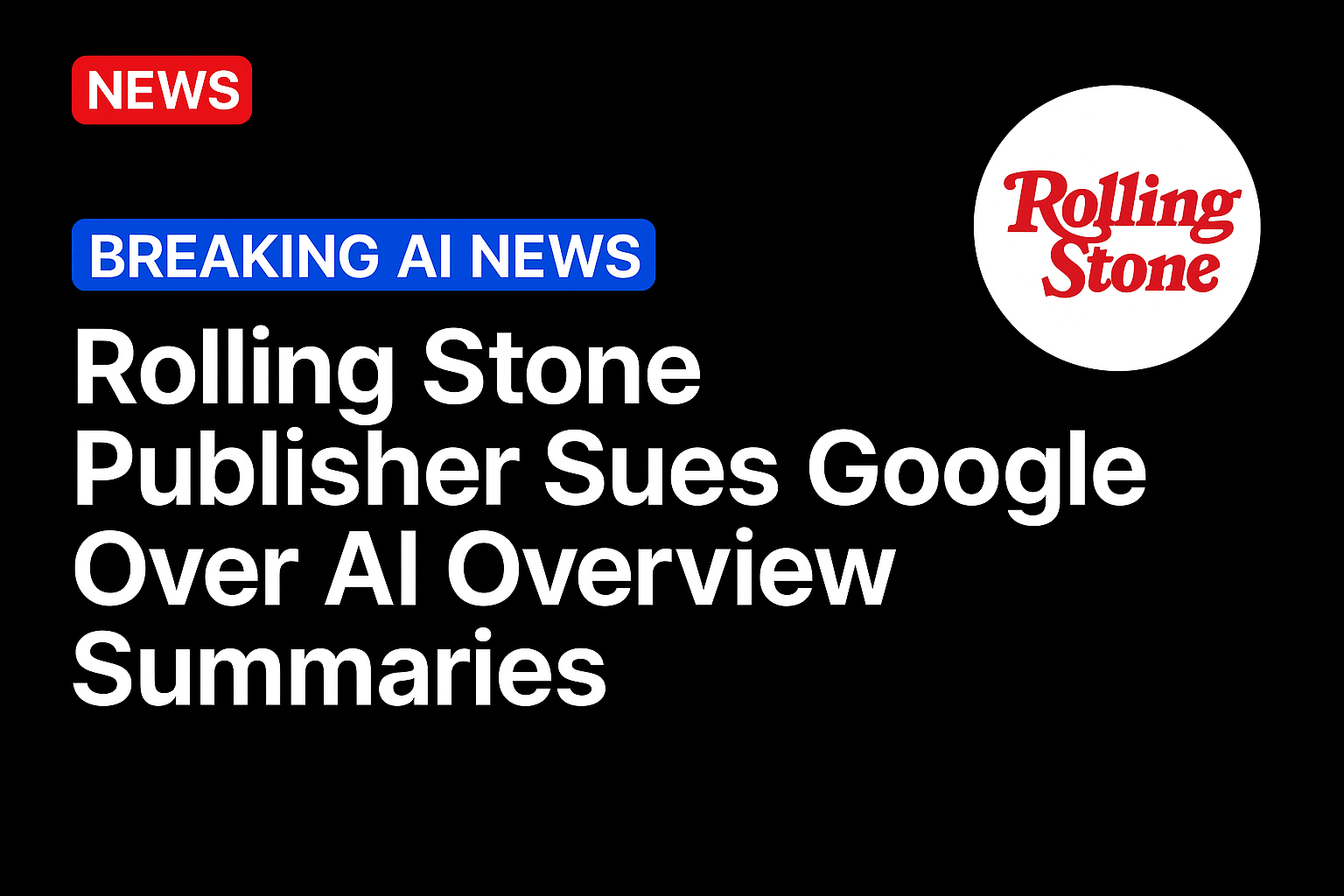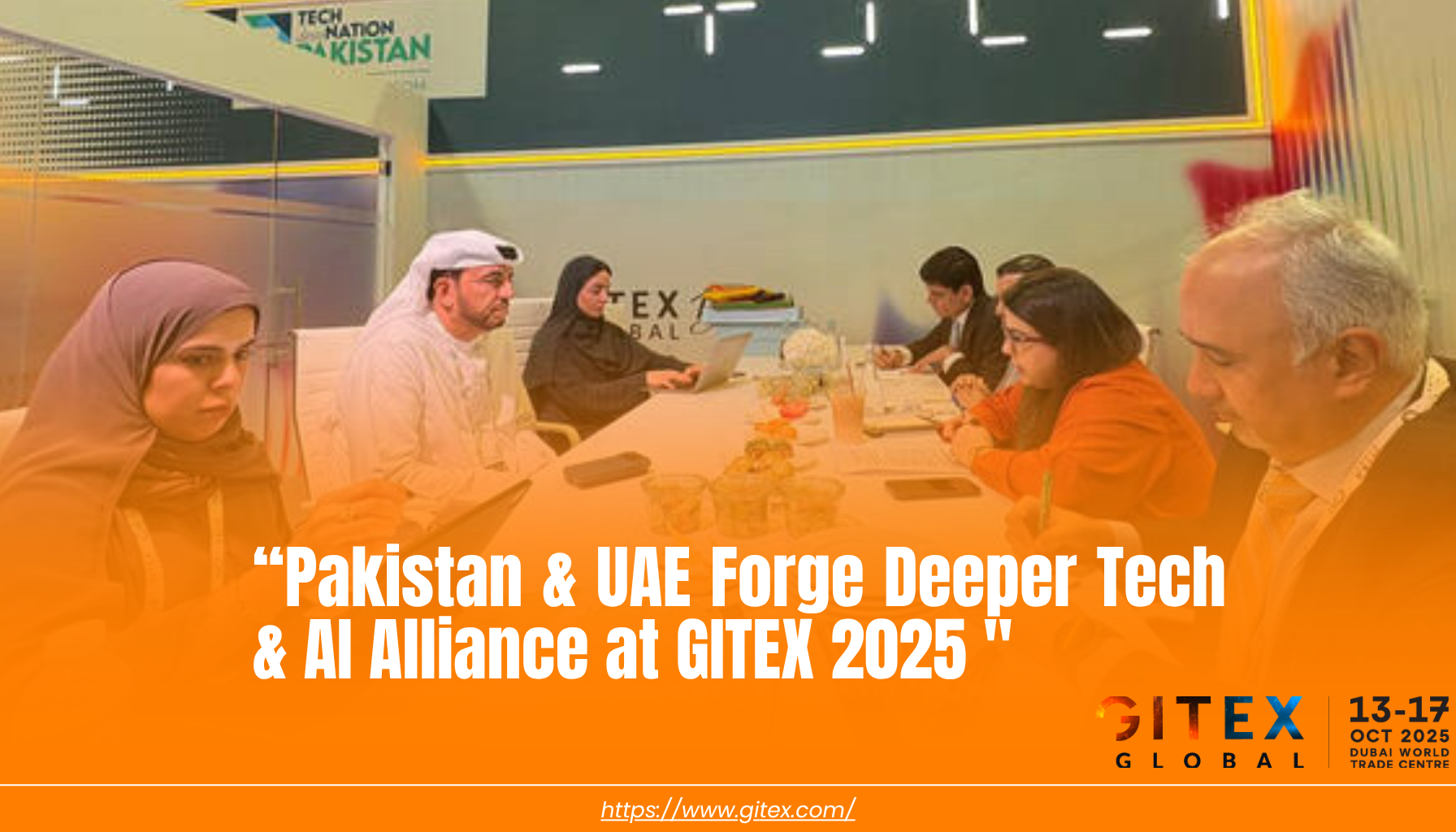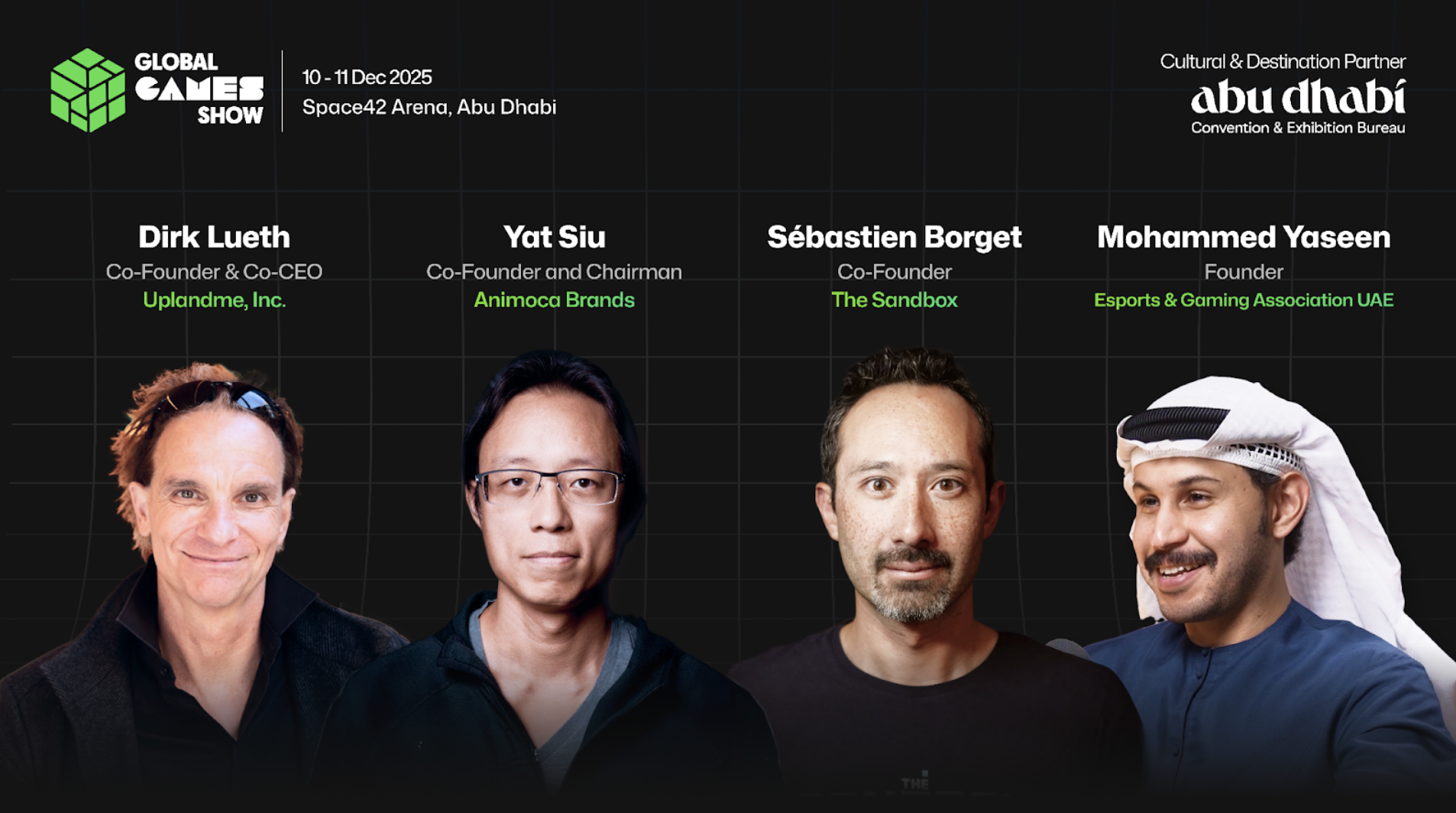When Anthony Moufarrege speaks about accessibility, his words carry the weight of lived experience. As Diversity and Inclusion Coordinator at Australia Post and someone who has Cerebral Palsy as well as mild dystonia and dyslexia, Moufarrege understands that even small workplace adjustments can make a world of difference.
“There’s a common misconception that workplace adjustments need to be large or complex, but small changes can also have a profound impact for someone with a disability,” he says. “These changes can provide equal opportunities and enable them to thrive alongside their able-bodied peers.”
For example, everyone can experience the more obvious benefits of AI such as meeting recaps and the ability to ask it further questions following a call. For most, this is simply a helpful time saver – but for a person with a physical disability who has spent their entire career using speech-to-text to transcribe meeting notes from memory, the impact is much more profound.
For Moufarrege, generative AI tools like Microsoft 365 Copilot aren’t just productivity enhancers – they’re enablers of inclusion and empowerment.
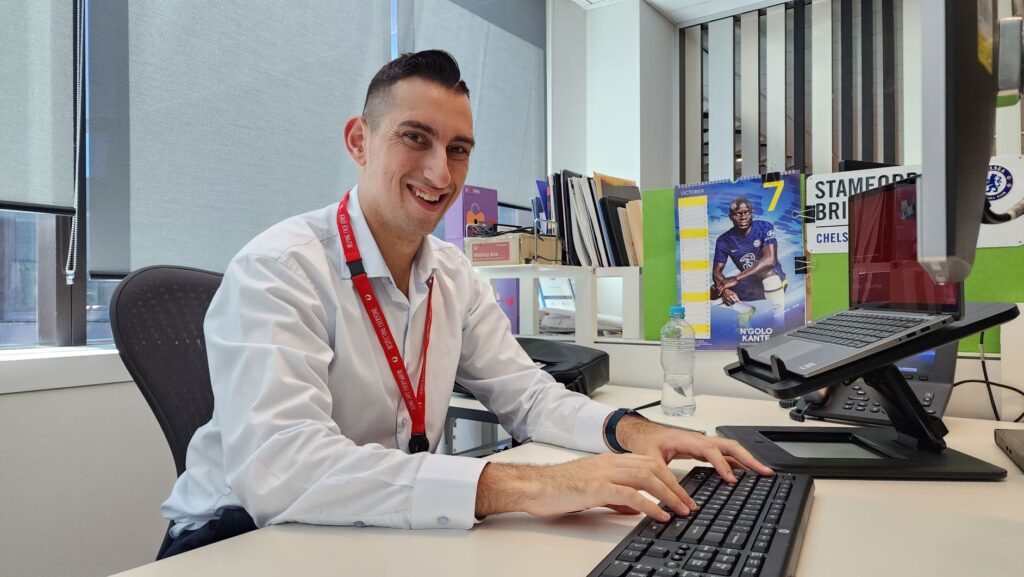
“As someone with dyslexia, I find Copilot’s grammar-checking feature invaluable. It helps me ensure my work is grammatically correct, allowing me to efficiently produce professional and polished outputs,” he explains.
“I no longer have to allocate extra time following meetings to organise my notes and thoughts because I can query meeting transcripts at any time, which also reduces the mental load that neurodiverse people like myself often experience.”
Moufarrege shares how Copilot has opened communication for his colleagues who are deaf or have a hearing disability, both in virtual meetings and in-person.
“It wasn’t a use case I initially thought of but when meeting with these colleagues in person, I talk into the Copilot app on my phone and it will relay the message in text,” said Moufarrege.
Australia Post began adopting Copilot in October 2023 as part of Microsoft’s Early Access Program (EAP), which included members of its Accessibility Matters Employee Resource Group. After a successful trial, Australia Post has now expanded to 3,000 licenses.
Copilot is also now offered within Australia Post’s Workplace Adjustment program. This program ensures all team members have access to a simple and dignified process for accessing adjustments to support them in their career.
Empowering individuality and innovation
Julian Ockford is a Rail Operations Planner at professional services company GHD. As someone with dyslexia, Julian would previously labour over every word when writing things like emails or reports. Using Copilot has helped him write with more clarity and confidence, while it also learns his individual style of communication, which Julian says is valuable to ensure it is still authentic to him.
“I’m also feeling more prepared for meetings than previously because I can use AI to quickly search across all organisational content and conversations to ensure I haven’t missed anything. It helps to distil down content to manageable detail and remove the noise,” said Ockford.
“Recently I had to create a technical safety report. Instead of spending a lot of time searching through past documents – which can be overwhelming, particularly if you are neurodiverse – I used Copilot to review similar reports and summarize them into a new, simplified template. This included all the key clauses, saving me hours or even days of work, but most significantly reducing the mental load that I often experience.”
GHD’s Chief Technology Officer Andrew Kaddatz says the company is focused on creating an environment that enables every employee to thrive. This includes the accessibility and neurodiversity community, as well as people who have a temporary disability – such as a shoulder operation that restricts the ability to type. Kaddatz says they have seen a clear impact for these people being able to return to work faster.
He also explains that the company has embraced a facilitation-led model rather than prescribing how tools like Copilot should be used.
“Our team includes many curious individuals, particularly scientists and engineers, who thrive on self-led exploration,” said Kaddatz. “The freedom to experiment and share their experiences creates a sense of pride and collaboration. It’s this flexibility that’s driving many of the wellbeing and accessibility benefits we’re seeing from Copilot.”
However, Principal Geotechnical Engineer at GHD, Martin Griffin, cautions that AI use shouldn’t diminish your identity at work, so that you suddenly sound like or work like everyone else.
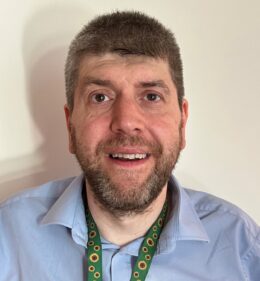
“When Copilot first became available, I was cautious. As someone with autism and a disability, I consider my different way of thinking as a superpower and what’s uniquely me that I can bring to the team and to solving problems. So, this concept of trying to ‘fix it’ with AI did not sit well with me – it needs to be about enhancing what we already bring,” said Griffin.
“I am a visual thinker, so I usually start with an image or mindmap and build text around it. One use case that I’ve found interesting is using Copilot to convert PowerPoint content into Word or vice versa, while quickly shortening or lengthening so it still works with how I think.”
Putting people first
Generative AI’s potential to create more accessible and inclusive workplaces is especially critical in Australia, where there are 5.5 million people – more than 21 per cent of the population – with disability.
“The best advice I can offer is to listen to your people,” said Moufarrege. “When they have the opportunity to share their experiences and express how vital workplace adjustments are to their success, we can drive meaningful change that enables us to have the same opportunities as everyone else.”
Disclosure: None. This article is originally published at Microsoft.


